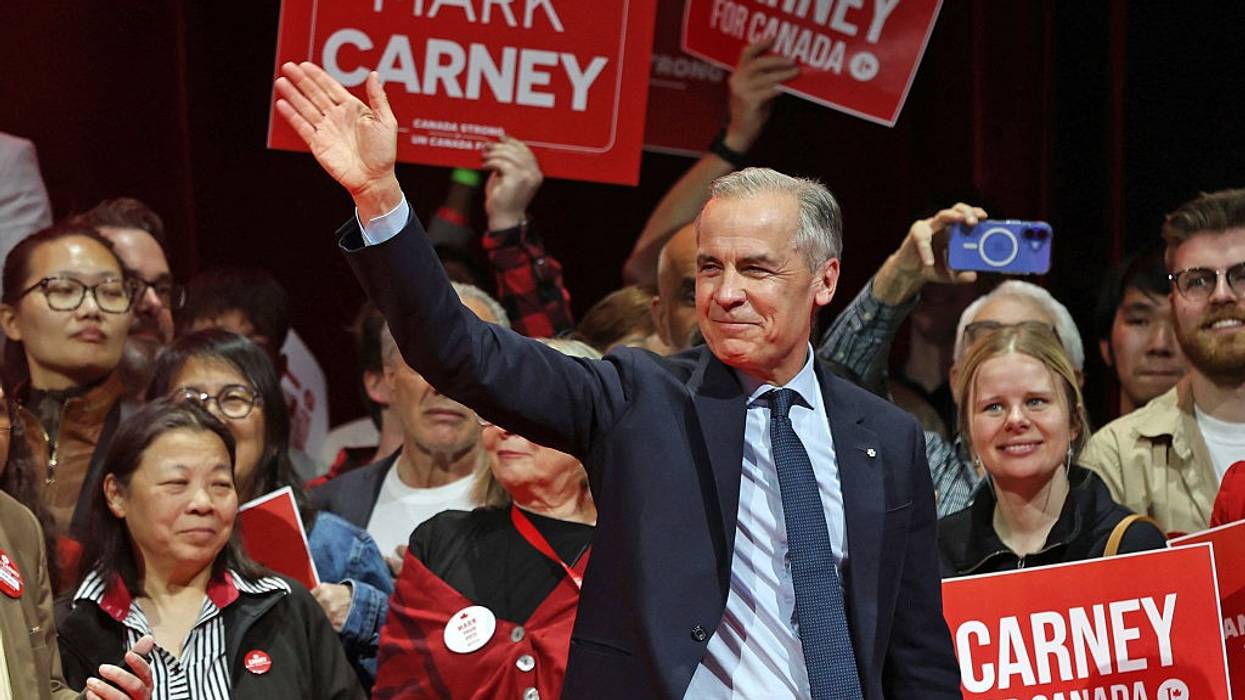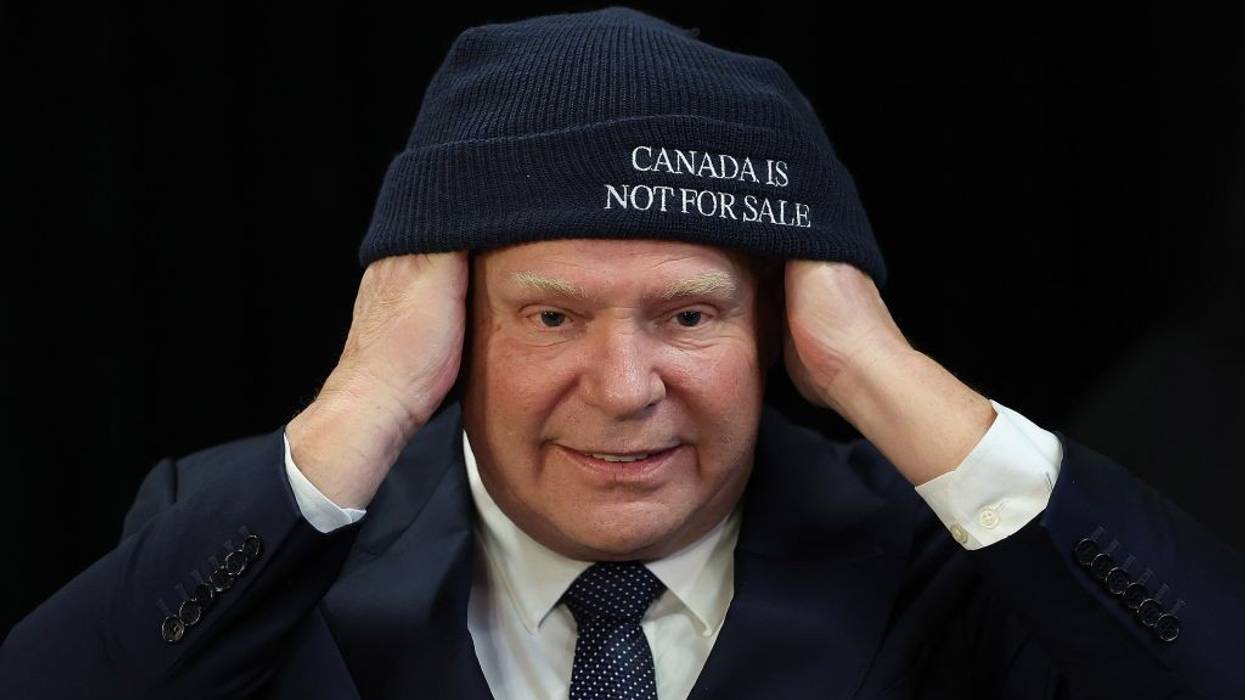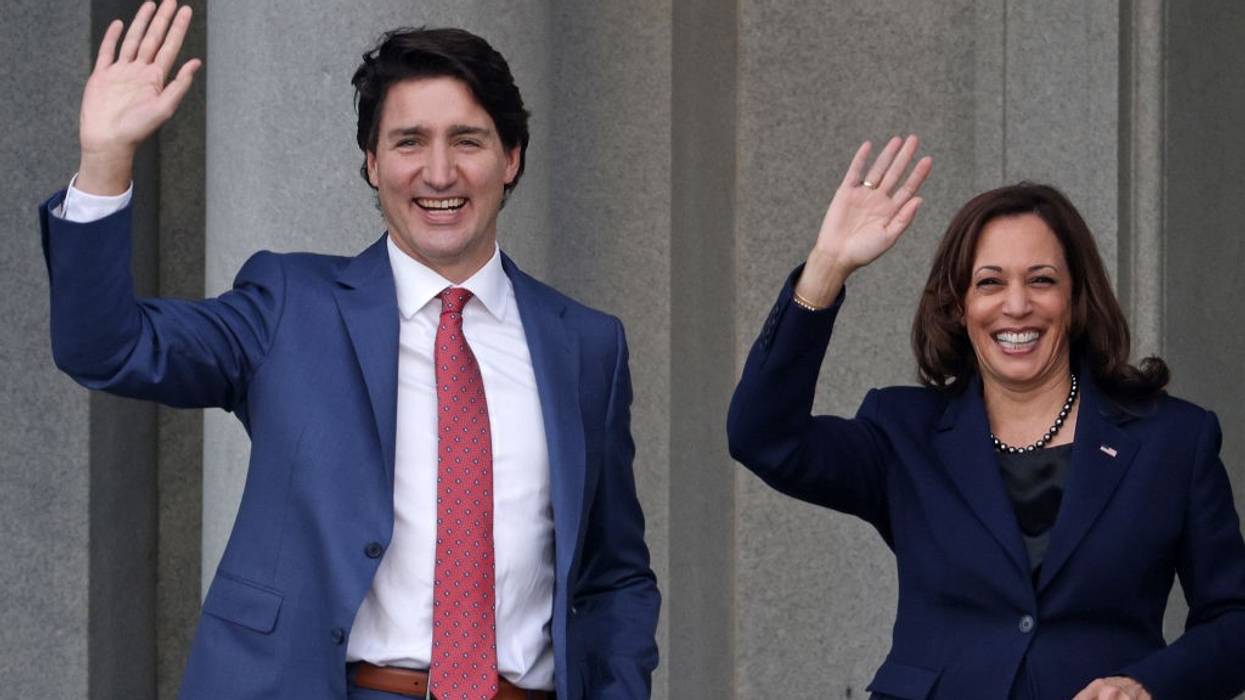The convergence of these events represents more than just the latest episode in the ongoing crisis of liberal democracy. It marks the definitive end of an era defined by a particular political fantasy: that charismatic centrist leaders could somehow save liberal democracy from its own contradictions while preserving the very system that produced its decay.
The Liberal Savior Myth
At the heart of contemporary liberalism lies a seductive myth: that the right combination of charismatic leadership, technocratic competence, and moderate politics can save democracy from its enemies while avoiding fundamental social transformation. This "liberal savior" narrative has dominated centrist political imagination for the past decade, manifesting in figures from Emmanuel Macron to Pete Buttigieg.
The limits of liberal centrism proved fatal. Unable to deliver material improvements in people's lives while preserving the interests of their donor class, these supposed saviors watched their support collapse.
The myth operates on two levels. First, it suggests that individual leaders—through force of personality, rhetorical skill, or managerial expertise—can resolve deep structural crises without challenging the underlying power relations that produced them. Second, and more insidiously, it promotes the idea that liberal democracy itself can be saved simply by defending existing institutions rather than radically democratizing them.
This mythology reached its apotheosis in Justin Trudeau. Young, photogenic, and armed with progressive rhetoric, he seemed to embody everything liberals believed could defeat the populist right. Here was a leader who could speak the language of social justice while reassuring financial markets, who could kneel at Black Lives Matter protests while expanding oil pipelines, who could champion feminism while maintaining corporate power structures.
The same template was later applied to figures like Joe Biden and Kamala Harris, both presented as the noble defenders of democratic norms against Trumpian barbarism. Yet in each case, the fundamental contradiction remained: you cannot save democracy while preserving the very economic and political arrangements that have hollowed it out.
The Rise and Fall of Justin Trudeau
Trudeau's trajectory is especially revealing. In 2015, he rode to power on a wave of optimism, presenting himself as the progressive antidote to conservative rule. With his carefully cultivated image of youthful dynamism and performative embrace of diversity, he became the archetype of what liberals imagined could defeat the rising tide of right-wing populism. International media swooned over his "sunny ways" and apparent commitment to progressive causes.
The reality never matched the image. Behind the woke platitudes and photo ops, Trudeau's government consistently served the interests of Canadian capital. His administration expanded oil pipelines despite climate crisis rhetoric, continued selling arms to Saudi Arabia while claiming to champion human rights, and used federal power to crush labor resistance, as seen in his government's draconian response to postal worker strikes.
The contradictions only deepened over time. While Trudeau spoke eloquently about reconciliation with Indigenous peoples, his government aggressively pursued resource extraction projects on unceded territories. He campaigned on electoral reform but abandoned it when he couldn't secure a system favorable to his party. His supposed feminist credentials were exposed as hollow when he forced out strong women in his cabinet who challenged his authority during the SNC-Lavalin scandal.
The Myth of the Liberal Savior
This gap between progressive aesthetics and neoliberal governance isn't a bug but a feature of the liberal savior model. Figures like Trudeau fundamentally misunderstand democracy as a system to be preserved rather than radically expanded. Their project was always about maintaining the status quo through a kind of repressive tolerance – allowing just enough progressive window dressing to deflect demands for structural change while keeping the fundamental power relations of capitalism intact.
This gap between progressive aesthetics and neoliberal governance isn't a bug but a feature of the liberal savior model.
The same dynamic played out in the United States. After Trump's 2020 defeat, Democrats assured voters that "normalcy" would be restored under Joe Biden. When his presidency floundered, they turned to Kamala Harris as the next great hope for defending democracy against Trump's return. Yet as with Trudeau, the limits of liberal centrism proved fatal. Unable to deliver material improvements in people's lives while preserving the interests of their donor class, these supposed saviors watched their support collapse.
The liberal savior myth rests on two fundamental delusions. First, that individual leadership qualities—whether Trudeau's charisma or Biden's experience—can overcome the structural crisis of legitimacy facing liberal democratic institutions. Second, that these institutions can be preserved in their current form while addressing the deep inequalities and democratic deficits that fuel right-wing populism.
The Structural Crisis of Liberal Democracy
This approach was always doomed to fail because it refused to acknowledge that liberal democracy's crisis stems from its own internal contradictions. The same free market capitalism that centrist leaders champion has hollowed out democratic institutions, atomized communities, and created the precarious conditions that drive authoritarian appeals. No amount of symbolic progressivism or calls to preserve norms can resolve this fundamental tension.
The same free market capitalism that centrist leaders champion has hollowed out democratic institutions, atomized communities, and created the precarious conditions that drive authoritarian appeals.
The failures of figures like Trudeau reveal the bankruptcy of what have called "repressive democracy"—a system that maintains the formal structures of democratic governance while emptying them of substantive content. Under this model, democracy becomes primarily about managing dissent rather than enabling genuine popular power. Elections serve more to legitimate existing power structures than to facilitate real political transformation.
This crisis has only deepened in recent years. As economic inequality has soared and climate chaos intensifies, liberal democratic institutions have proven increasingly incapable of addressing fundamental social problems. The response from centrist leaders has been to double down on technocratic management while wrapping themselves in progressive rhetoric—a strategy that has now definitively failed.
Beyond Liberal Democracy: Building Socialist Alternatives
The real question is not how to save liberal democracy, but how to transcend it through the creation of genuine democratic alternatives. This requires moving beyond both right-wing populism's false promises and liberal centrism's managed decline. Instead, we need a democratic socialist vision that expands democracy into all spheres of life—economic, social, and political.
This means building power from below through militant labor movements, tenant organizations, and community groups that practice genuine democratic decision-making. It means fighting for universal public goods and democratic control over the economy. Most importantly, it means rejecting the liberal belief that democracy is primarily about preserving institutions, and embracing it as an ongoing project of collective liberation.
The real question is not how to save liberal democracy, but how to transcend it through the creation of genuine democratic alternatives.
Practical examples of this alternative vision are already emerging. The recent wave of labor militancy across North America shows how workers can exercise democratic power outside traditional political channels. Municipal socialist movements are experimenting with participatory budgeting and community control. Indigenous land defenders are modeling forms of democratic governance that challenge both liberal capitalism and right-wing reaction.
Trudeau's fall and Trump's return should serve as the final nail in the coffin of the liberal savior myth. The choice we face is not between liberal democracy and authoritarianism, but between the expansion of genuine democratic power or its continued erosion under the twin forces of right-wing reaction and centrist accommodation. The only way to defeat the far right is to build democratic socialist alternatives that actually address the crisis of democracy at its roots.
The future depends not on enlightened leaders preserving the status quo, but on ordinary people organizing to fundamentally transform it. The fall of figures like Trudeau should not be mourned but celebrated as an opportunity to finally move beyond the dead end of liberal centrism and begin the real work of democratic reconstruction.




